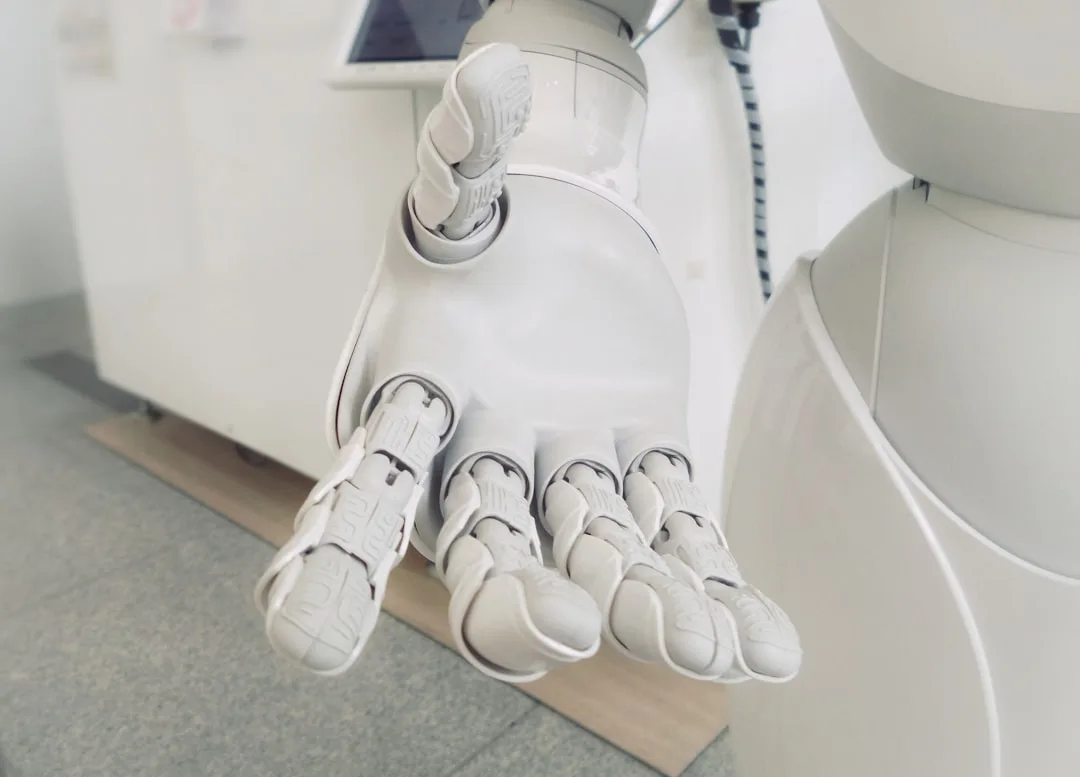
Newsletter Subscribe
Enter your email address below and subscribe to our newsletter

Enter your email address below and subscribe to our newsletter

AI Revolution: Transforming Industries and Daily Life Now
The AI revolution is not just a futuristic concept; it’s happening now and reshaping the landscape of multiple industries. From healthcare to finance, retail, and beyond, AI is driving innovation and efficiency. Companies like OpenAI and Google are at the forefront, pushing the boundaries of what’s possible with AI technologies.
For instance, the healthcare industry is witnessing transformative changes with AI-powered diagnostics and personalized medicine. AI algorithms can analyze medical images with remarkable accuracy, aiding doctors in early disease detection and treatment planning. In finance, AI-driven algorithms are optimizing trading strategies and enhancing fraud detection, ensuring more secure and efficient transactions.
Moreover, AI is redefining customer experiences in the retail sector. Personalized recommendations, chatbots, and virtual assistants are creating seamless and engaging shopping experiences for consumers. These advancements are not just enhancing operational efficiency but also driving customer satisfaction and loyalty.
The AI revolution is spearheaded by tech giants, innovative startups, and research institutions. Companies like Microsoft and IBM are investing heavily in AI research and development, creating robust AI platforms and tools for businesses to leverage. Additionally, startups are emerging as key players, introducing niche AI solutions that address specific industry challenges.
For example, NVIDIA, known for its cutting-edge graphics processing units (GPUs), is a major player in the AI hardware arena. Their GPUs are essential in training complex AI models, making them indispensable for AI research and applications. On the software side, TensorFlow and PyTorch are popular frameworks enabling developers to build and deploy AI models with ease.
The implications of the AI revolution are vast and multifaceted. In manufacturing, AI-driven automation is streamlining production processes, reducing errors, and increasing output. Predictive maintenance powered by AI helps in anticipating equipment failures, minimizing downtime, and saving costs.
In the transportation industry, AI is paving the way for autonomous vehicles. Companies like Tesla and Waymo are developing self-driving cars that promise to revolutionize how we commute, enhance road safety, and reduce traffic congestion.
Education is another sector experiencing AI-driven transformation. AI-powered platforms are personalizing learning experiences, adapting to individual student needs, and providing real-time feedback. This customization enhances learning outcomes and makes education more accessible to diverse learners.
For more insights into AI’s impact on specific industries, check out our previous posts on AI in Healthcare and AI in Finance.
The AI revolution is undeniably a double-edged sword. While it brings unprecedented opportunities for innovation and efficiency, it also poses challenges such as ethical considerations, data privacy concerns, and job displacement. As AI continues to evolve, it will be crucial for policymakers, businesses, and society at large to address these challenges responsibly.
Looking ahead, we predict that AI will become even more integrated into our daily lives, with advancements in natural language processing, computer vision, and robotics leading the charge. The key for developers and businesses is to stay agile, continuously learning and adapting to leverage AI’s full potential.
To stay ahead in the AI-driven landscape, start by exploring and experimenting with AI tools and platforms. Consider participating in beta programs or joining AI-focused communities to learn from peers and experts. Additionally, keep an eye on emerging AI trends and technologies that could impact your industry or domain.
For more practical insights and examples of AI transforming industries, check out this comprehensive overview by ScienceDirect and 25 Practical Examples of AI by DataCamp.
By staying informed and proactive, you can harness the power of AI to drive innovation and success in your projects and ventures.